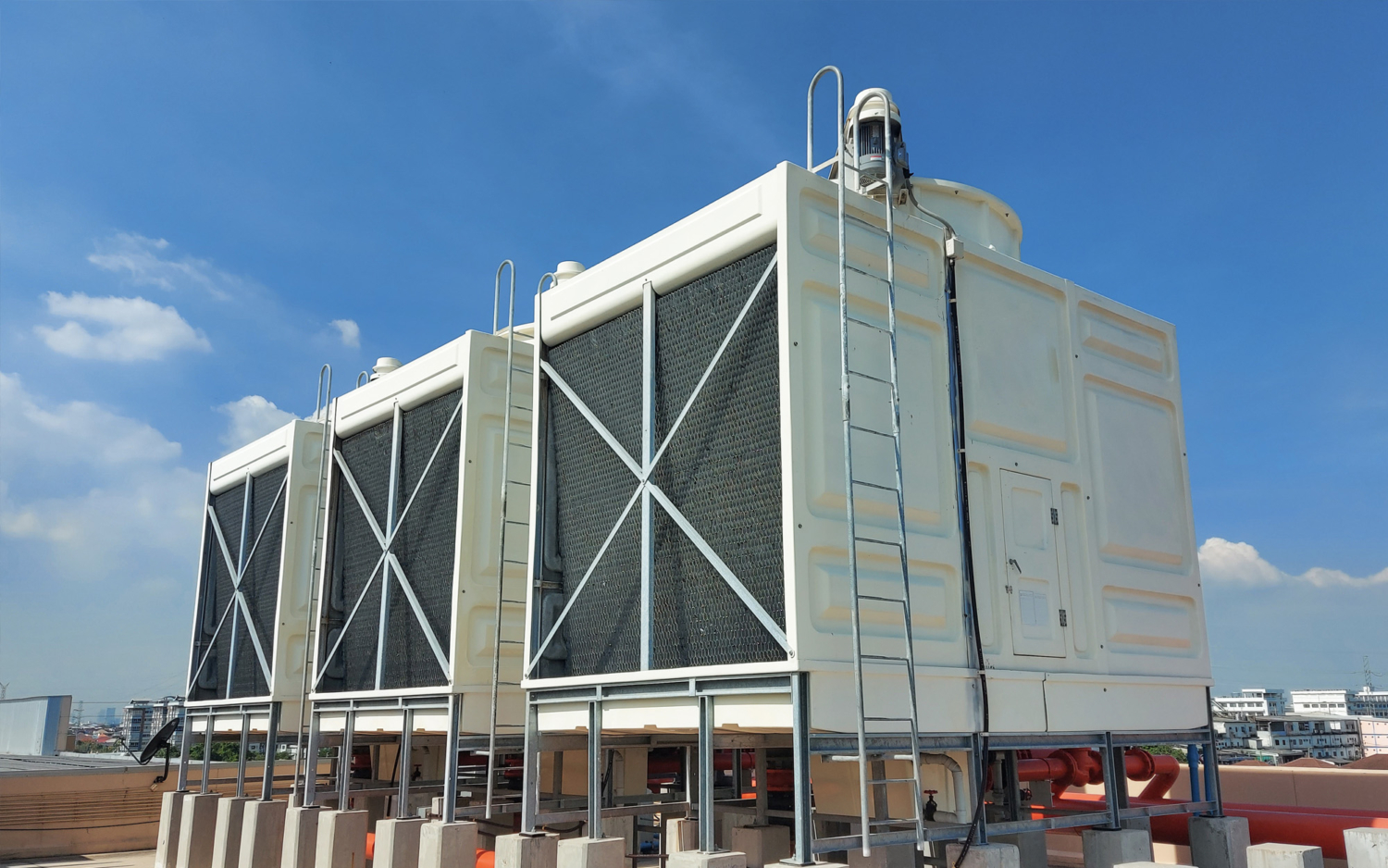Heating, ventilation, and air conditioning (HVAC) systems create comfortable and healthy indoor environments. However, traditional HVAC systems can consume significant energy, leading to high utility bills and environmental impacts. Energy-efficient HVAC systems emerge as an appealing solution—maintaining comfort and health benefits while drastically reducing energy use and costs.
Keep reading to explore the concept of energy-efficient HVAC systems, their advantages, environmental benefits, and how to transition to these sustainable alternatives.
What Are Energy-Efficient HVAC Systems?
Energy-efficient HVAC systems optimize energy consumption while delivering superior climate control through advanced technologies. Guided by conservation principles, these systems take a refined approach to HVAC design and operation—from component selection to precision control.
The goal is to reduce wastage and costs while precisely regulating temperatures, airflow, and indoor air quality. Key features like programmable thermostats, variable capacity components, and zoning fine-tune climate control and slash energy demands.
The Merits of Energy Efficiency in HVAC
The merits of energy-efficient HVAC are widespread, from financial savings to ecological benefits. Variable capacity compressors and fans precisely match output to demand, using only the energy needed to maintain set comfort levels.
Multi-stage components further optimize efficiency by always operating at ideal levels. Beyond cost savings, these technologies also lower electricity generation and emissions for greener operations. Further gains include enhanced air quality, noise reduction, and more responsive climate control.
Realizing Savings and Value With Energy-Efficient HVAC
Lowering Operational Costs With Efficient HVAC
Energy-efficient HVAC systems significantly reduce operational costs. By optimizing energy use, they lower utility bills compared to traditional units. Their cutting-edge designs and durable components also increase lifespan, decreasing the need for frequent repairs and replacement. The long-term savings from energy and maintenance efficiencies lead to an outstanding return on investment.
Reducing Maintenance Requirements
Energy-efficient systems also require less maintenance. Their high-performance components withstand wear and tear for longer intervals between servicing or repairs. Fewer maintenance needs decrease associated expenses and inconveniences for owners. Reliability also rises with their advanced technologies engineered for enduring operation.
Realizing Comfort, Health, and Wellbeing With Efficient HVAC
Delivering Premium Comfort and Wellbeing
Energy-efficient HVAC systems focus on sustaining indoor comfort and well-being while optimizing efficiency. Maintaining ideal temperature and humidity levels provides a consistent environment despite extreme outdoor conditions. Their advanced technical designs and rigorous testing ensure dependable performance across diverse weather. Upgrading to an efficient system can transform commercial spaces into tranquil, healthy, and comfortable indoor havens.
Promoting Better Indoor Air Quality
Studies show efficient HVAC enables thermal and moisture control and significantly improves indoor air quality. Effective ventilation and filtration reduce dust, allergens, and contaminants for healthier indoor environments. Some systems also incorporate dedicated air purification. By removing pollution sources and preventing the circulation of pathogens, they create safer spaces and help inhibit the spread of airborne diseases.
Enhancing Whole Building Health
Properly functioning HVAC is central to overall building health. Smooth and quiet operation, balanced temperatures, and clean air enhance occupants’ well-being. Robust performance also reduces energy consumption and costs, improving the building’s environmental and economic health.
However, specialized expertise is required to correctly install systems and maximize efficiency gains for structure and inhabitants. HVAC specialists well-versed in best practices can optimize energy savings and holistic building health through proper setup and testing.
The Eco-Friendly Benefits of Energy-Efficient HVAC
Lowering Carbon Footprints
A key but overlooked benefit of energy-efficient HVAC is its ability to reduce a building’s carbon footprint. By optimizing energy use, these systems significantly decrease carbon emissions from heating and cooling. For instance, Energy Star-certified equipment meets rigorous guidelines for high-efficiency operation, dramatically curtailing CO2 outputs. Moreover, the enhanced lifecycles of efficient HVAC lead to greater emissions reductions over time compared to conventional units.
Promoting Sustainability Through Enduring Lifecycles
The exceptional durability of energy-efficient HVAC also makes them a sustainable choice. Their efficient operation, lower maintenance requirements, and resilient construction enable extended lifespans beyond standard equipment. This ensures prolonged comfort and health gains and reduces environmental impacts. Unlike traditional HVAC replaced frequently, leading to waste and resource use, efficient systems are intentionally designed for enduring and eco-friendly operation.
Neville Engineering can facilitate a seamless upgrade to advanced, high-efficiency equipment that dramatically reduces energy use. We implement state-of-the-art rooftop units and building management systems to maximize performance while cutting costs.
Transitioning to Energy-Efficient HVAC
As awareness grows regarding energy efficiency’s vital role in cost savings and environmental protection, demand rises for sustainable HVAC solutions. But how does one upgrade from a traditional to an efficient system?
Steps for an Efficiency Upgrade
Upgrading HVAC equipment for energy efficiency involves:
- Auditing the current system – Determine SEER ratings to gauge efficiency levels.
- Identifying requirements and constraints – Consider comfort needs and budget while noting efficient systems’ long-term utility savings. Prioritize high ratings.
- Selecting optimized technologies – Target advanced features like zoning, programmable controls, variable capacities, and modulation for maximum savings.
- Partnering with specialized providers – Collaborate with experts in efficiency practices for ideal system selection and configuration.
- Addressing ventilation deficiencies – Diagnose and resolve issues like duct leaks that undermine performance.
Realizing the Benefits of Upgraded HVAC
Properly executed efficient upgrades greatly reduce HVAC energy use while enhancing comfort, health, and sustainability. When selected, installed, and maintained by specialized providers, these innovative systems lower costs, cultivate ideal indoor climates, improve air quality, and minimize environmental impacts—all while extending equipment lifespan. Though requiring diligent planning, the switch can thoroughly transform commercial buildings.
Leverage Our Expertise to Upgrade Your HVAC System for Maximum Efficiency
Neville Engineering is an MEP engineering firm designing efficient mechanical systems for commercial buildings. Our expert team can audit your existing HVAC rooftop unit and recommend an energy-efficient replacement model to reduce your utility costs and carbon footprint. We will handle unit specification and selection while advising on technologies like variable-speed components, advanced controllers, and integrated economizers to maximize energy savings and performance.
Ready to find an energy-efficient HVAC unit for your building? Reach out today.

